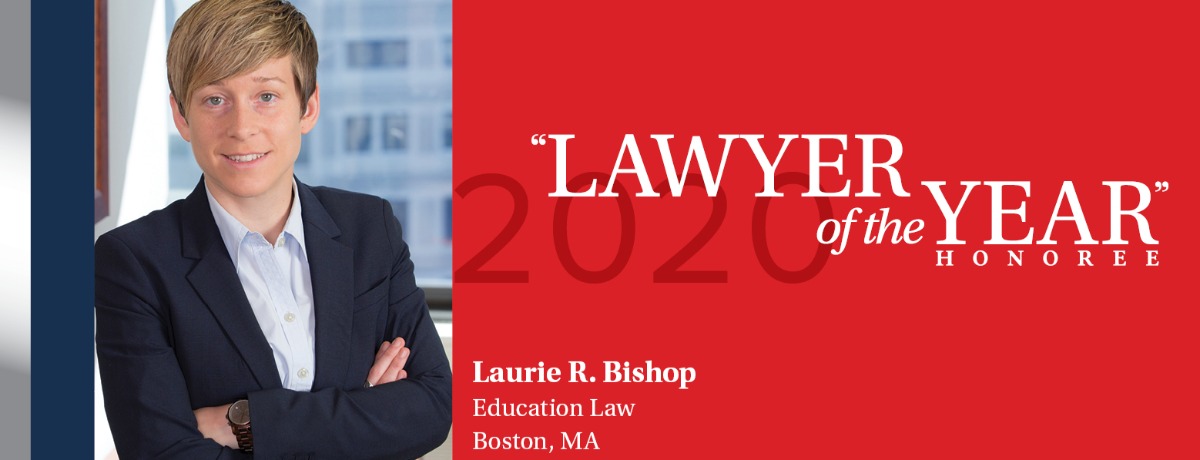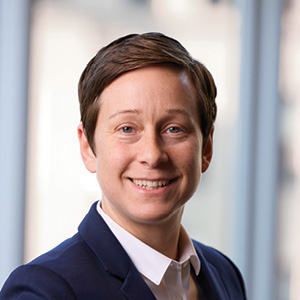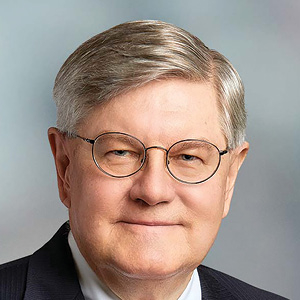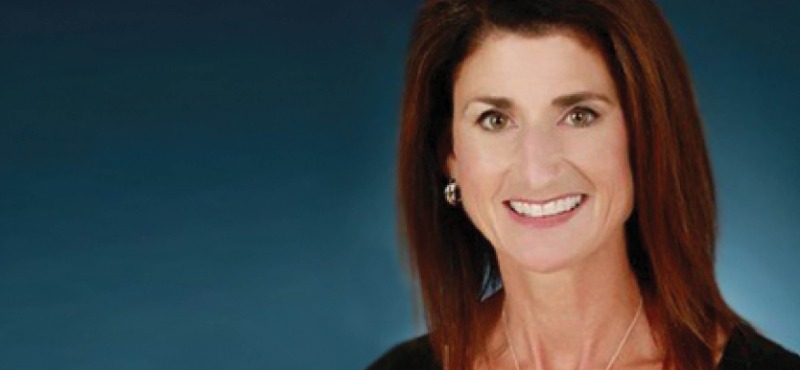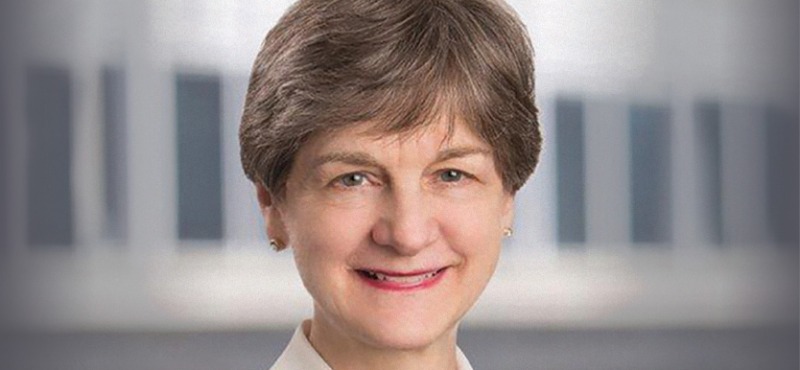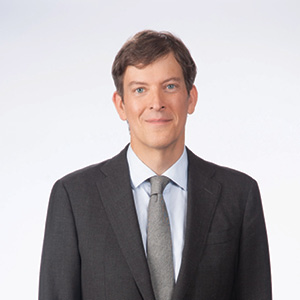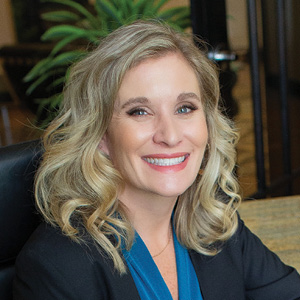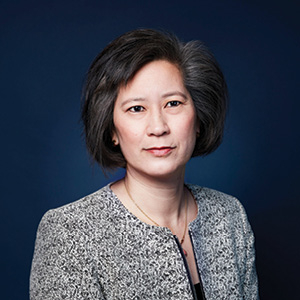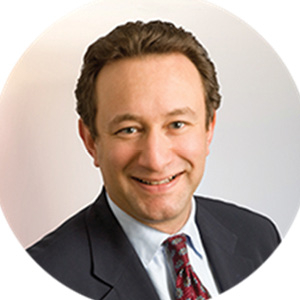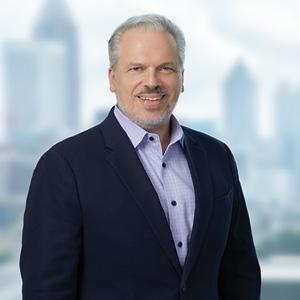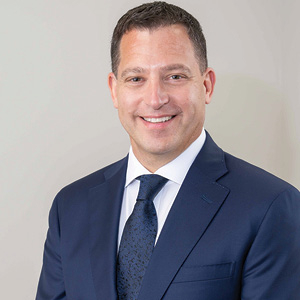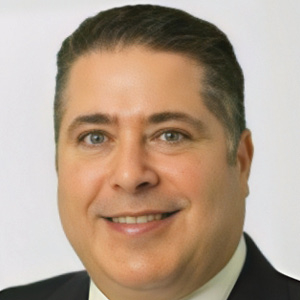Higher education is a privilege, and Laurie Bishop’s work advising colleges and universities on their policies and procedures helps maintain the quality of the experience for all the students who reap the benefits.
Perhaps nowhere in America is associated more closely with higher ed than Boston, and as the city’s “Lawyer of the Year” in Education Law, Bishop works to help sort out the panoply of issues schools routinely have to deal with. Her experience as general counsel at Boston’s renowned Berklee College of Music and as a partner at Hirsch Roberts Weinstein LLP have helped her earn this recognition.
“I see everything that goes on with the school,” Bishop says. “I spend a lot of time thinking about what maybe people haven’t thought about or what we should be worrying about that we aren’t.”
The vast numbers of administrators, faculty, and students in Boston present Bishop with innumerable opportunities to work with clients, which she calls the most rewarding aspect of education law. “You get to have hundreds of different clients at any one institution,” she says.
As such, she regularly deals with an enormous array of legal issues. Higher-education law is multifaceted, she notes—and knowing what you don’t know is key: “[Colleges have] regular employment issues. They’ve got student financial-aid issues. They’ve got public-relations media crises. So understanding what you know, what you can do, and who you can hire if it’s something you can’t do [is important].”
Her advice to anyone looking to practice education law is the same one that might give an incoming student. “Learn as much as you can,” Bishop says. “It’s off-putting to institutions when someone tries to walk the walk without actually having done it. If it’s [a field] you want to get into, you have to do the time and the homework and really learn about it. It’s not something you can fake your way into. You’ve got to understand all of the issues.”
Good communication is crucial, too. “You need to understand that you’re going to have to talk to people,” she adds. “I don’t see people at other firms and other institutions’ general counsels as competitors in any way. We’re all looking at the same issues, and if you’re not collegial and friendly and reaching out for help with all these same people, you’re going to fail.”
